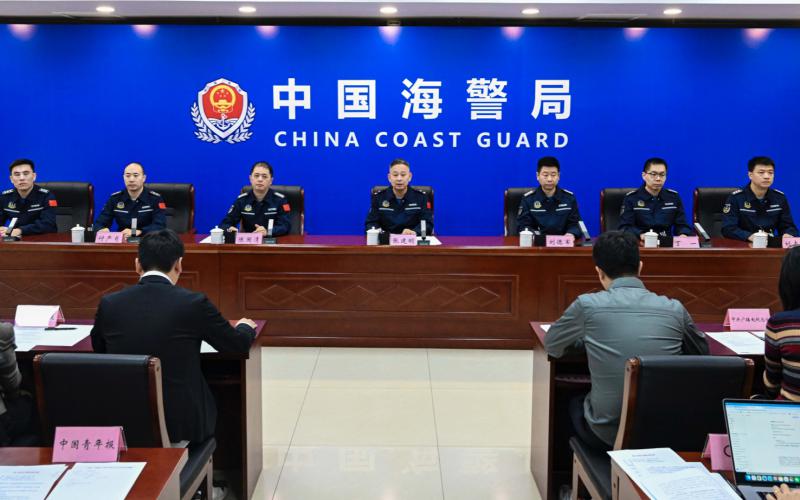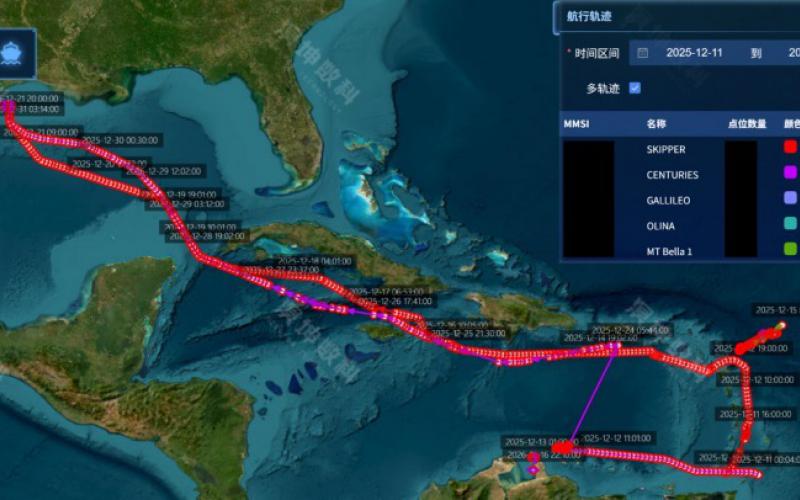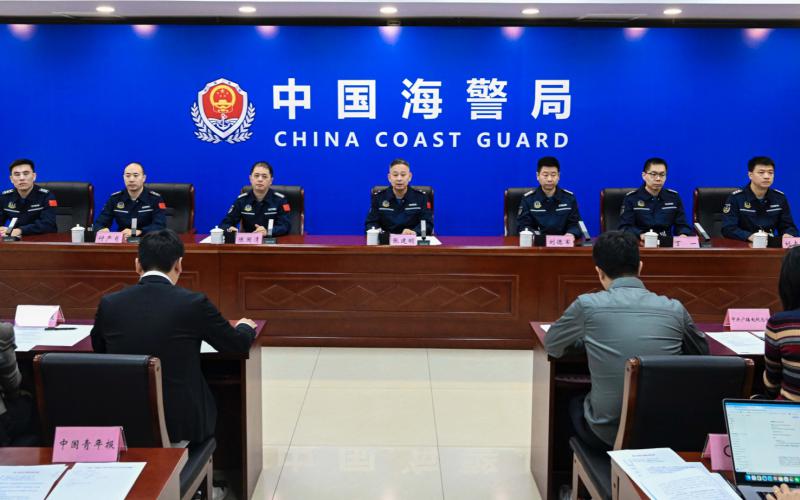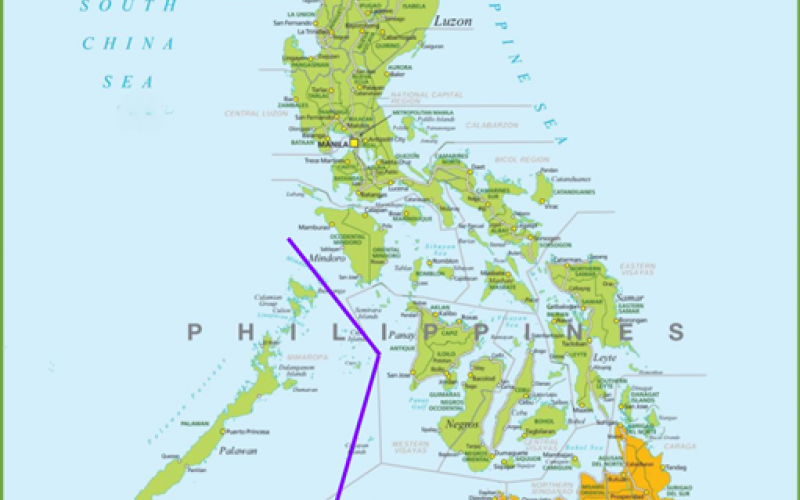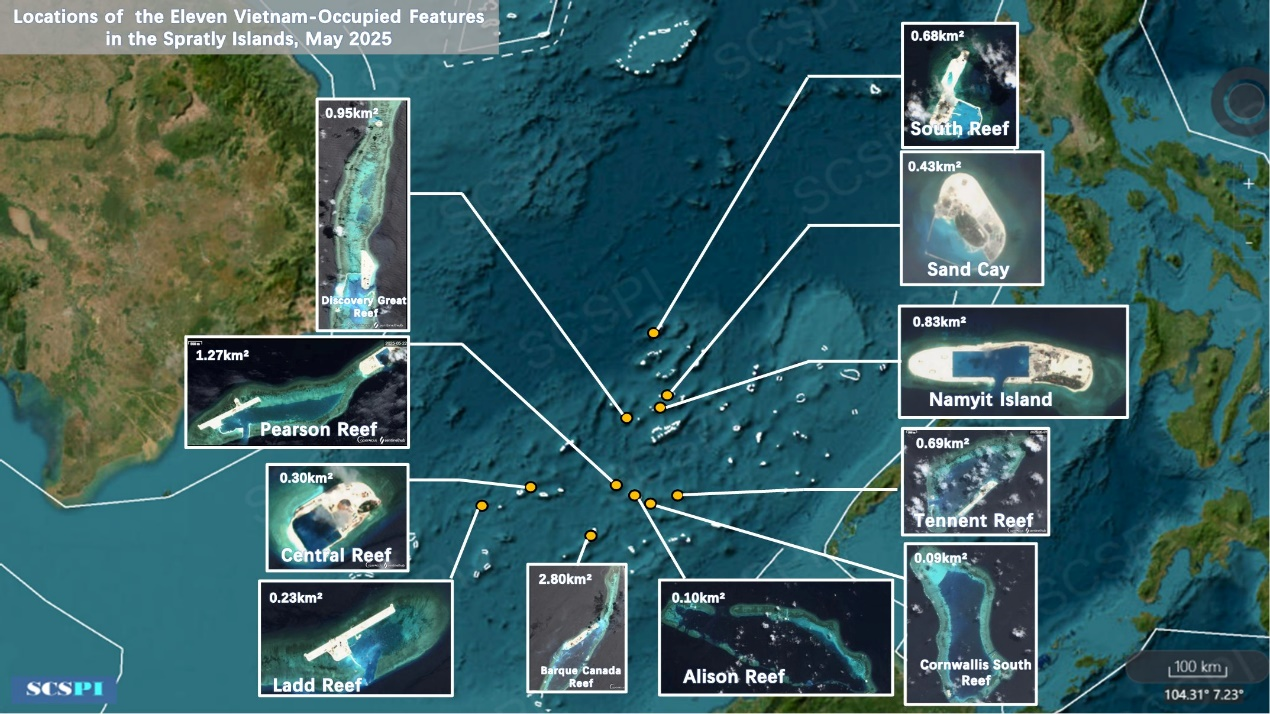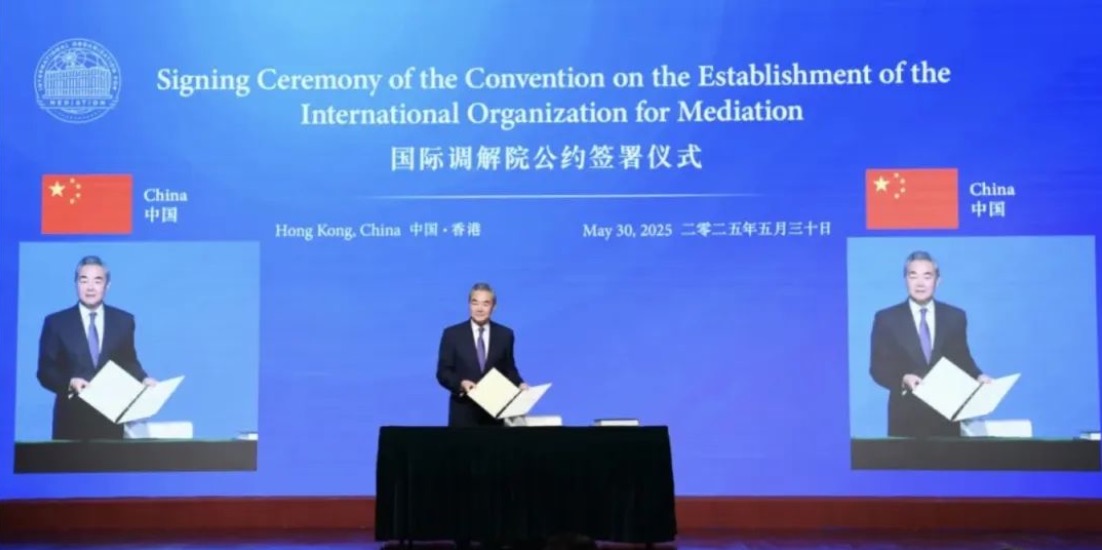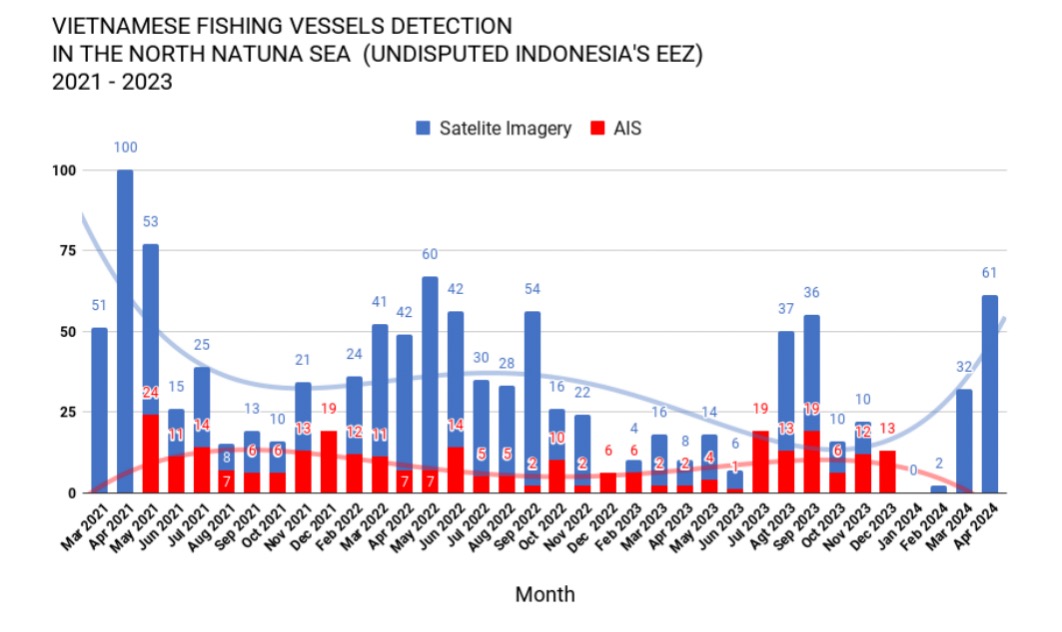TOP STORIES
2025-06-30 | BY SCSPI
The Spratly Islands sits in the southern part of the South China Sea, stretching from Marie Louise Bank in the north to James Shoal in the south, bordered by Vanguard Bank to the west and Seahorse Shoal to the east. It is China’s southernmost archipelago, comprising over 200 islands, reefs, shoals and sandbars. 6 parties—China, Vietnam, the Philippines, Malaysia, Brunei and Chinese Taiwan—have made claims to all or part of the islands, with Vietnam occupying 29 features in total. Since the 1970s, Vietnam has continuously carried out reclamation activities on relevant features. A new wave of expansion projects has been witnessed after October 2021.
2025-06-21 | BY Bao Yinan
目前距离中菲两国有机会将南海部分争端提交到国际调解院尚有半年以上的时间。在这一“窗口期”内,两国完全应当通过外交渠道交换意见,试探运用国际调解院的调解机制解决部分争端的可能性。如果中国和菲律宾两国能够真诚地以缓和南海局势,共同打造安全、有序的南海海洋秩序为目的,尝试运用国际调解院的调解机制将是百利而无一弊的。国际调解院的调解机制完全可以作为中菲两国在谈判和法律方法之间寻求“中间性质”的和平解决争端方法的工具箱中值得认真考虑的一种。
2025-05-22 | BY Wang Tengfei
According to incomplete statistics from the Automatic Identification System (AIS) of ships, the number of Vietnamese fishing vessels’ activities in the South China Sea in 2023 and 2024 has continued to climb compared to previous years, especially in 2024, when the average monthly number exceeded more than 14,700 throughout the year and reached as many as 18,193 in July 2024, the highest number in years.
2025-01-18 | BY Hu Bo
In the South China Sea, three types of contradictions—maritime disputes, geopolitical competition and rules and order games—will persist in the long term and continue to escalate. Meanwhile, with an increasingly strengthening influence and power to control the situation, China may lack the ability and conditions to resolve the issues in the short term, but is competent to manage the situation.
2024-11-05 | BY SCSPI
The root causes of instability in the South China Sea are mainly three factors. First, the United States has nakedly “chosen sides” on the South China Sea issue, standing firmly on the opposite side of China. Second, some claimants in the South China Sea dispute are trying to solidify their vested interests. Third, the so-called ruling of the South China Sea Arbitration almost completely denies China’s claims in the South China Sea.




